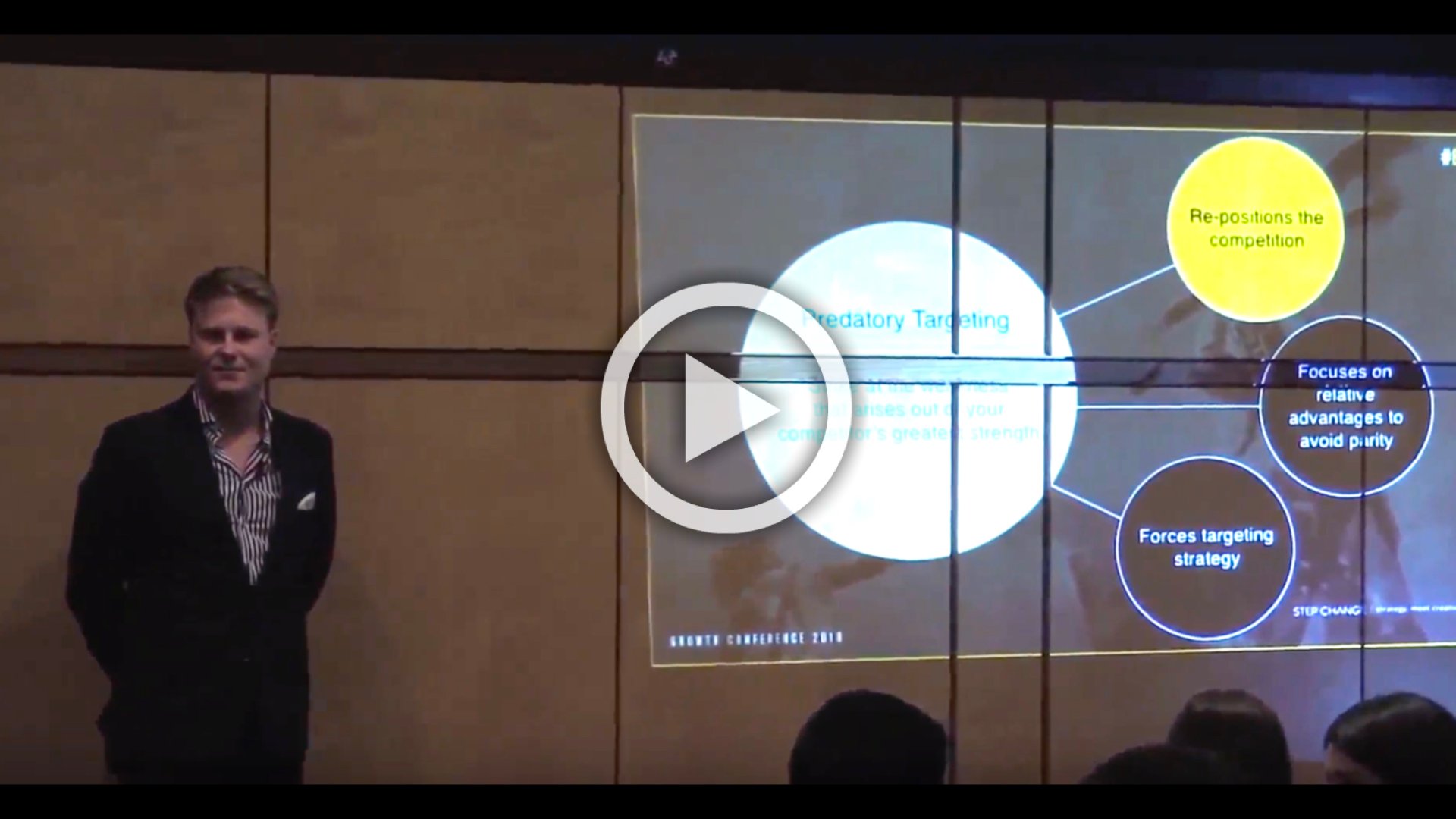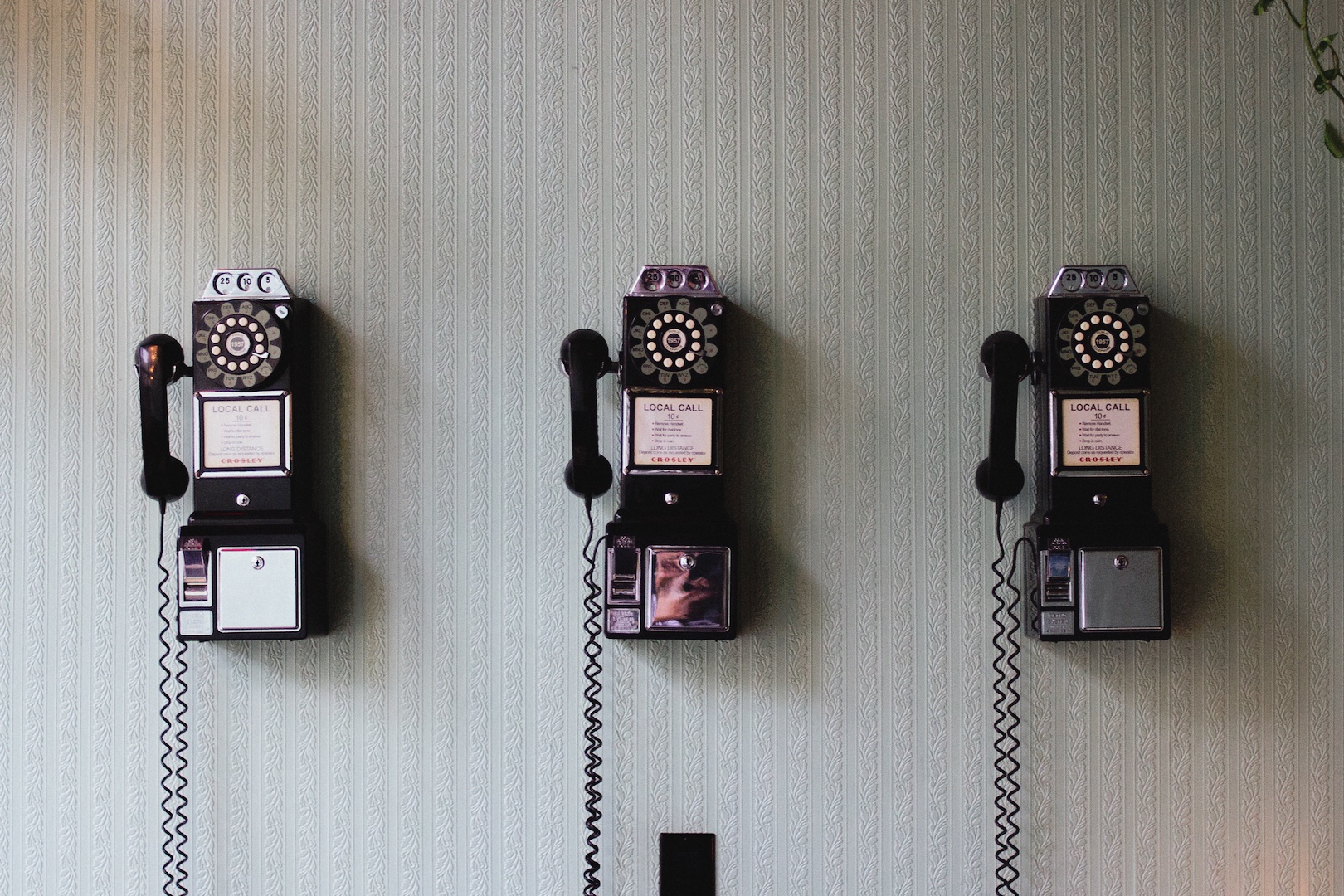Pursuing any marketing activities can be an expensive exercise so it's natural to look for places where you can cut back the costs and do a little bit of DIY - after all, you got yourself into the situation where your business is growing, surely you can wrap your head around writing a bit of copy. Or, if not, there's that guy who did a pretty good job of writing that email that time who could have a crack?

Well unfortunately, more often than not, the answer is no. Taking a short cut when it comes to writing can be a serious mistake which can end up making your business come across as hokey, stuffy or just too difficult to work with. Here's why.
1. You know too much about your business
The simple fact is, everyone who works in your business now knows too much about what you do to easily explain it to anyone else. It's called the curse of knowledge - you've forgotten what it was like before you learned what you now know and now you get bogged down in the small details, missing the forest for the trees. Having a naive set of ears hear your pitch will pull out the really necessary points and take you to point 2.
2. You need someone who can say 'who cares'
You've worked your way up and the business means a hell of a lot to you, so you're super proud of the fact that you've been around for 40 years. Only problem is, your customers couldn't care less, and banging on about this throughout sales presentations (and this includes websites and brochures etc) will only create tears of boredom and the impression of being up your own arse.
In literary terms it's called 'killing your babies', meaning getting rid of the thing you love to appeal to the audience, and it's even more important in marketing.
3. Without consistency you're confusing (and weird)
Every single piece of communications sent from your business forms a part of your overall perception in the customer's eyes, so it has to be 100% consistent in tone and language.
If you end up with a conversational brochure but a deadly serious corporate website, you'll come across as a schizophrenic brand. And whether this is done consciously or subconsciously, customers will get confused and put you in the 'too hard' basket.
4. Marketing doesn't work in isolation
Here's where it gets really tricky. Every piece of communication forms part of the customer sales journey and needs to speak to different objections they'll be having at different times. For example, a brochure might be the first time a person has ever heard of not just your business, but your industry, so will need to be heavy on information about why this is relevant to them.
Their next step will likely be your website, so this will need to contain information on how this will make their lives easier - taking into consideration what the next step will be; will there be a phone call and, if so, how can we persuade them to call now, or will it be a request for a proposal and what does that need to say, and so on.
It's never a matter of just writing down what you do - it's not the 50s anymore; marketing has become a lot more sophisticated and people expect to be told exactly what they want at all times.
5. People only care about implications
There's so much choice in everything these days that unless you communicate from an implication point of view (i.e. 'what's in it for me?') then no one's interested. With the average dwell time on a website being a measly 8 seconds, hitting the right point immediately is paramount - and you only have one chance to get it right.
6. There are shortcuts
Here's the good news. There are proven ways to make your writing get read. There are key words that get emails opened more often, evocative words that work better in headlines and tricky ways of writing things that otherwise come across as cliches. That's what copywriters do.














